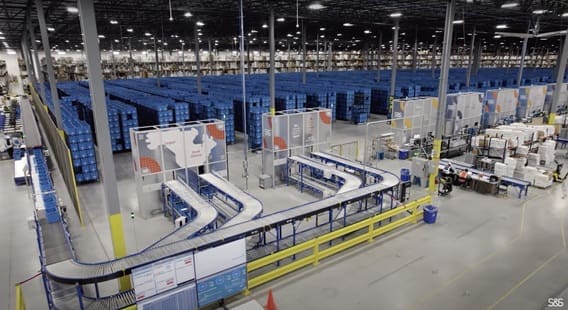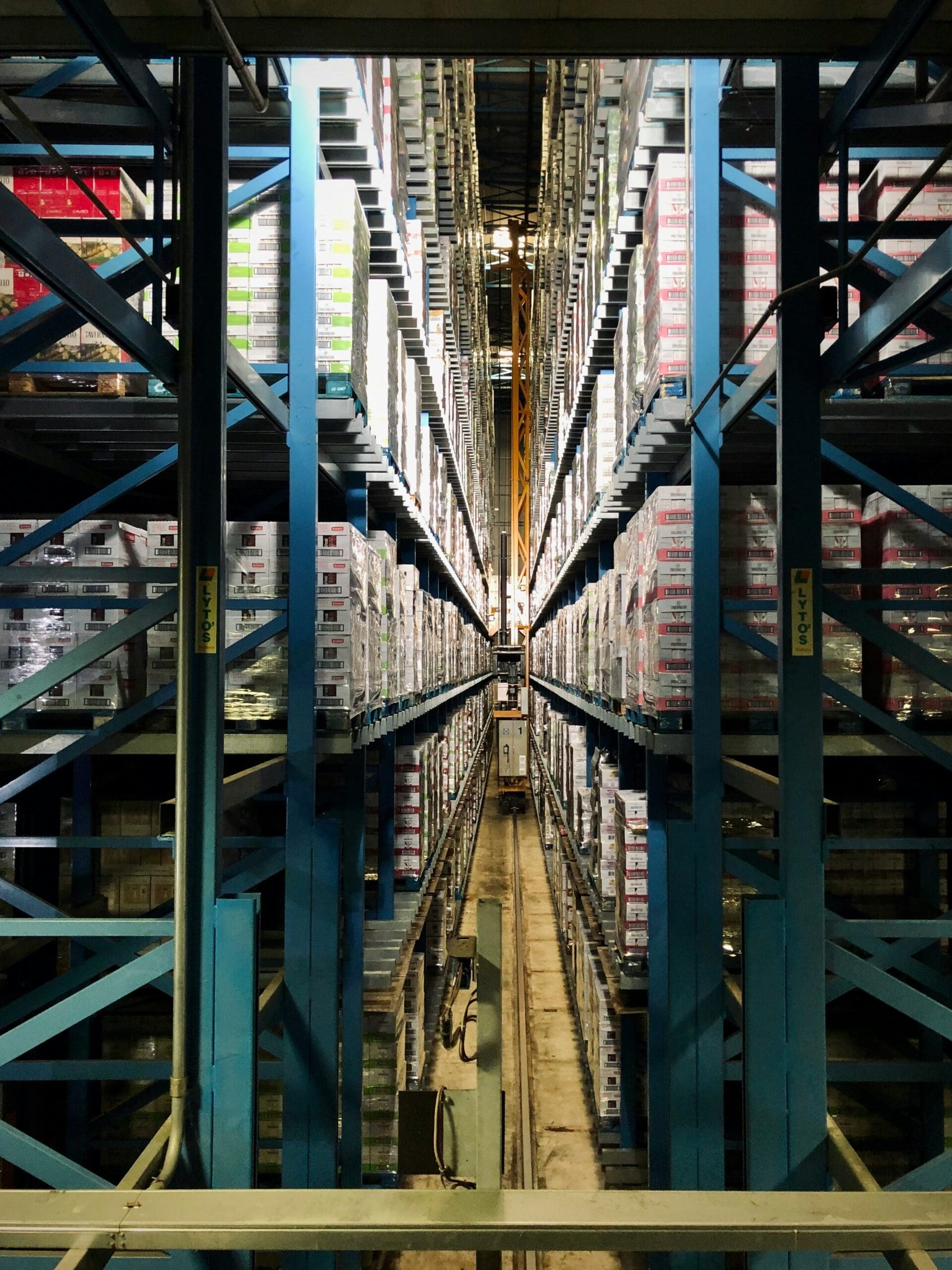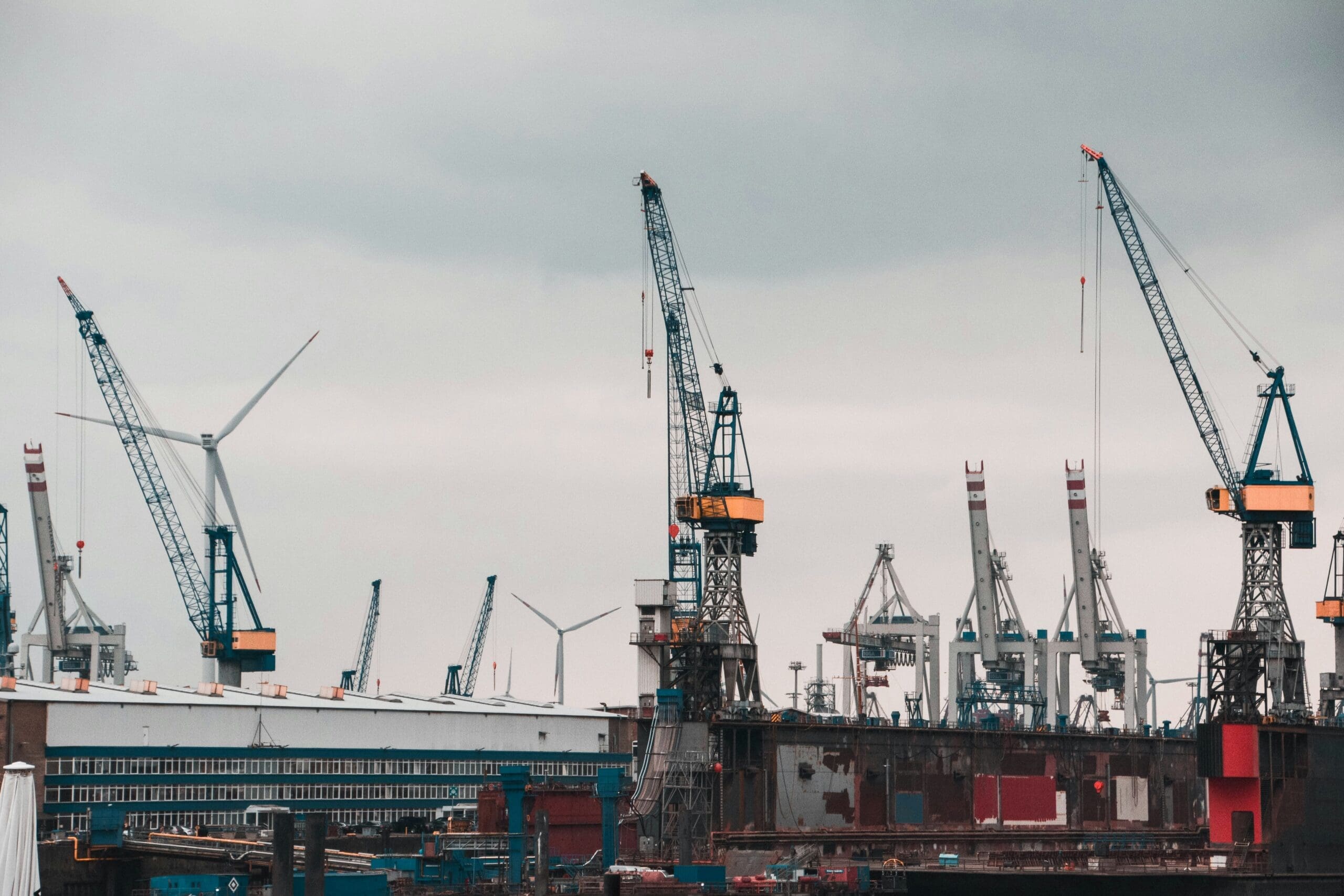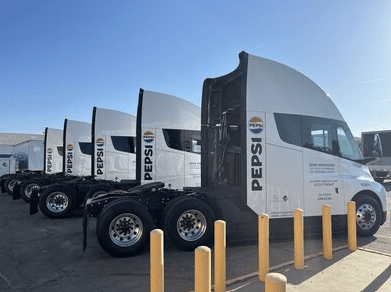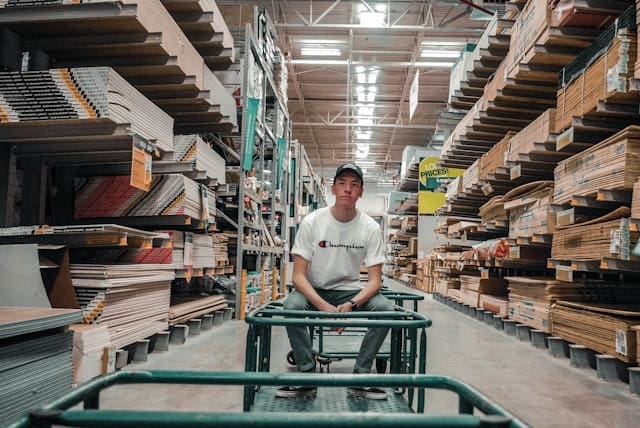This week in supply chain and logistics news began with the Trump administration imposing a 50% tariff on all U.S. imports of copper. Additionally, Trump ordered a Section 301 investigation into
When the latest wave of U.S. tariffs hit, some companies scrambled. Others had already pressure-tested their supply chain strategies for moments like this. Today, disruptions - whether from trade
Revolutionizing Supply Chains: S&S Activewear's Award-Winning Fulfillment Strategy In today's fast-paced world, where same-day delivery and labor shortages are common challenges, speed,
Disruptions aren’t the exception anymore, they’re part of how supply chains run. Whether it’s a ransomware attack, a weather disaster, or a labor strike, most companies have faced at least one serious
As logistics gets smarter, so does the packaging. We have moved beyond the days when a box was just a box. Today, smart packaging, enabled by sensors and connectivity, lets companies monitor their
Digital infrastructure is now integral to logistics execution. Supply chain networks depend on structured data, exchanged through APIs, middleware, and telemetry, to coordinate across facilities,
As June comes to a close, the Northeast is experiencing a record-breaking heat wave, with temperatures in some areas exceeding 100 degrees. This week in supply chain and logistics news includes Blue
Over the past five years, supply chains have faced unprecedented challenges. E-commerce demands, trade pressures, and increasingly complex supplier networks have necessitated executives to raise
Blue Yonder continues to demonstrate its commitment to sustainability with its latest acquisition of a UK-based Pledge Earth Technologies (Pledge). Announced at its ICON 2025 conference in
Summer is in full swing, and this was another full week of Supply Chain & Logistics news. Firstly, the US and the UK have signed a partial trade agreement which includes a reduction in tariffs on
The Warehouse Management System market nearly grew by $1 billion in 2024, following a robust four-year climb since the pandemic. With ongoing advancements in artificial intelligence and robotics, WMS
As supply chains adapt to rising complexity, automation has moved from an optional investment to a core operational strategy. Among the most impactful technologies supporting this shift are Automated

















